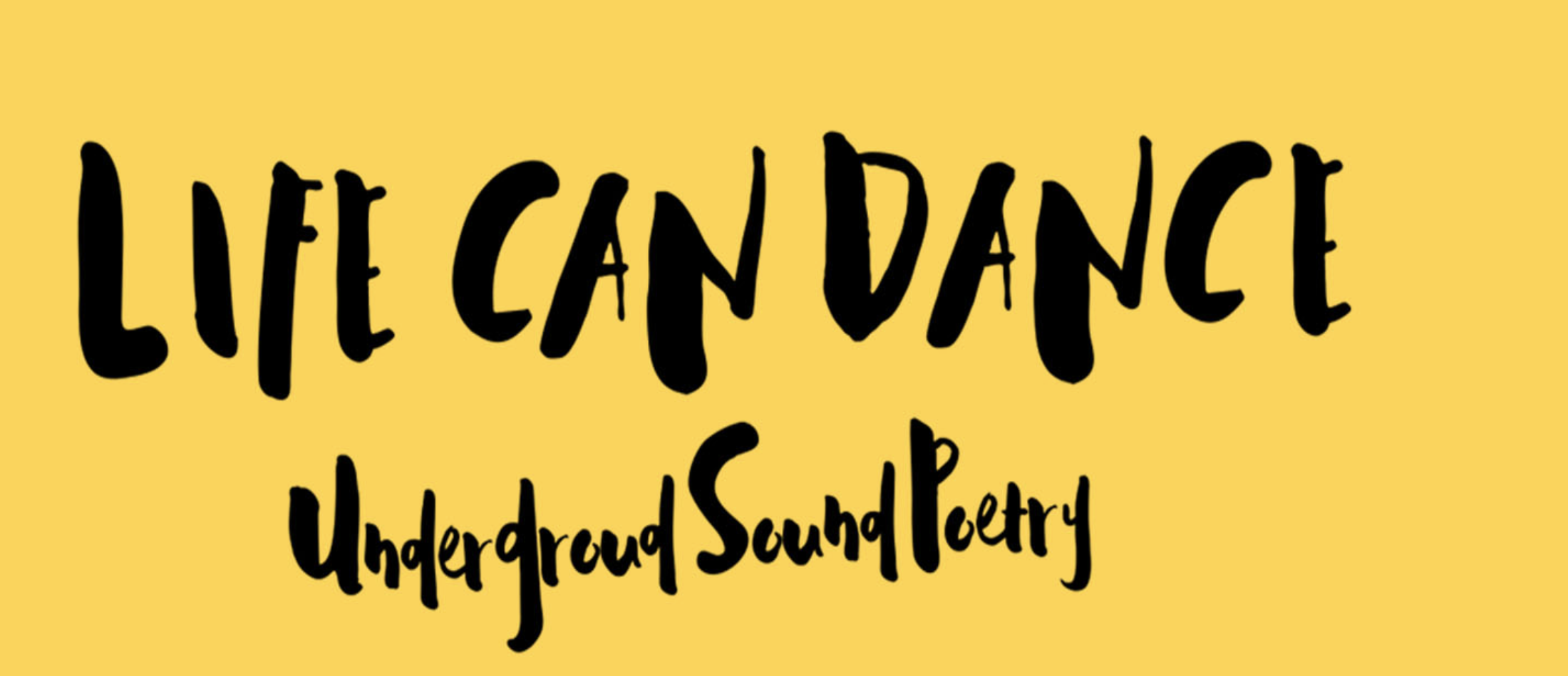
Hello Stevie R & Parisinos! It’s a pleasure to have you at DJ Mag Spain! You are of Greek origin but you live in London. How did you end up developing your life in the UK?
Stevie R: Originally, I studied physics and electronic engineering in Greece. Soon after my graduation in 2011, my curiosity and immense love for music led me to enrol on a Sound Engineering and Music Production degree with Point Blank Music School in London and through my studies there I fell in love with the city and the music culture. Ten years fast forward I am now a lecturer at Point Blank for the past five years and that spontaneous at the time decision looks like the best decision I’ve ever made.
Parisinos: I moved to Edinburgh in 2003 from Cyprus, to study medicine. I relocated to London in 2011, where I have been working as a doctor ever since; my career made London my personal and professional base for the last ten years… I am very lucky!
How was your first contact with electronic music? What are your musical influences?
Stevie R – My main musical influences originate from my father. He raised me with progressive rock, blues, and rebetiko. I spent my teenage years playing the guitar in different bands and listening to Pink Floyd, King Crimson, Led Zeppelin, The Doors, Jimi Hendrix, Frank Zappa, etc. I believe my gateway to electronic music was when my father gifted me Aphrodite’s Child album ‘666’. This led to my introduction to Vangelis, who is still probably my biggest electronic music influence. The rest is history.
Parisinos – My cousin was the manager of the most underground electronic music club in Cyprus, when I was still a teenager. He used to sneak me in from the age of 14-15 and that was when I started falling in love with the music and techno culture. I have so many musical influences, most of which are outside the techno genre. Within electronic music, I have a very similar soul to artists such as Vladimir Ivkovic, Tolouse low Trax, Lena Willikens. Vangelis and Lena Platonos are also huge influences.
How do you define electronic music?
That’s an interesting question. If we were looking for a dictionary definition we would get something in the lines of ‘Electronic music is music that employs electronic musical instruments, digital instruments or circuitry-based technology in its creation’. This definition however is unsatisfactory to us, as in this way all contemporary music would be electronic.
When defining electronic music, we prefer to identify those productions oriented to enhance the sound produced by electronic, analog or digital instruments (such as synthesizers, drum machines or software). This also helps to limit the range of action, excluding historical moments and/or genres that used electronic sound in an occasional and limited way.
We see in social networks how powerful your music studio is. Which synthesizers are your favorites or essential when creating a project?
Stevie R – This is an impossible to answer question, but we use the Sequential Circuits Prophet 6 and Korg MS-20 probably the most.
I feel that anything I say about the Prophet won’t make it justice. The fact that it has the heart of a Prophet 5 and is further enhanced with modern characteristics speaks volumes. It is by far the most ‘expensive’ sounding synthesizer I have worked with; its versatility and tonal quality is second to none. As Sound on Sound said on their review “it’s surprisingly versatile and sounds a million dollars”. That really sums it up.
The MS-20 is a very different beast; pretty much the opposite of the Prophet in terms of character. ‘The lady and the tramp’ comes to mind when thinking about those two next to each other. But we’ve had good times with the tramp.. It’s fair to say that it still is my most used synthesizer. It is nasty, aggressive, unpredictable and when you push it just the right amount, it will give you those tones that you can’t really get from any other machine and those who know will say ‘that’s an MS-20 right here’.
Parisinos – In terms of drum synths, the Vermona DMR1 MKIII has a special place in our heart, and we have a Pulsar-23 from Soma laboratories on the way!
How is your creative process?
This has definitely changed during the pandemic, since before this crazy year jamming sessions for the initial ideas were very frequent. Stavros is the more technical and musical of the two, being a sound engineer and musically trained. He usually focusses on the sound design of interesting textures and initial recordings of Greek folk melodies using live instruments and vocals, and I usually focus on the arrangement and work on the groove, percussions and sampling. Then there is usually multiple sending and receiving of dropbox Ableton files until both of us are happy (we are both perfectionists with the music); we like to meet usually for the final mixdown, or at least both be happy with it, and then Stavros does the final mastering at the studio.
Inside Out Records is one of the best labels of the moment. What was the motivation to create this wonderful avant-garde music label?
Stevie R – I co-founded Inside Out Records as my imprint way back in 2012, with a focus to always promote young artists and underground music. In January 2020, Constantinos joined the label – apart from a brotherly friend, he is an obsessive record collector and tastemaker, and since then, we have continued to release sounds that keep pushing sonic boundaries but took a decision to really focus on experimental music that challenges the listener.
Thanks to Inside Out we are discovering many emerging artists such as Kincaid, how is your relationship with this unique talent and so honest in his sound?
Parisinos – We always like working with friends and nice people. We are passionate about creating lasting relationships and a diverse community that grows together organically; it makes the hard work so much more worth it. We are very close with Joe (Kincaid) both personally and professionally, he is a great guy!
What inspires you in life?
Stevie R – Family, everyday life, passionate people and nature
Parisinos – I am inspired by people who are honest, curious and hungry… people who continuously push boundaries and who have an inherent need to innovate.
In the past year, most of the world has experienced severe lockdowns due to the COVID-19 pandemic. How have you managed your time during the confinement? Have you found new creative avenues to explore?
Stevie R – My professional life did not change much during the pandemic, as I continued giving lectures at Point Blank as per normal, with the only difference that this was via Zoom and not on site. In terms of my freelance sound engineering services, (mixing and mastering) I have actually been much busier in the studio since the pandemic. One of the biggest advantages this year, has been the fact that I have spent a lot more time with my wife, since we both work now from home. Creatively we have been very busy with Constantinos, bouncing projects back and forth and constantly working on new ideas. It has been a very productive year for us, and there is a lot of music that we are really happy with coming out in the next months.
Parisinos – I have been very busy at the hospital with the pandemic, working fulltime with covid-19 patients. Whenever I have free time, I spend it writing music and working on the label. Paradoxically, our creativity in the studio flourished during this time. We wrote a lot of music, and collaborated with amazing artists including Lena Platonos, Tolouse low Trax, Steve Pepe, MR TC, Lamusa II and many more. Re-igniting our more psychedelic, less club alias After Altamont was one of the creative avenues that the pandemic allowed us more time to explore.
What is your next goal?
Our next goals include writing our first album under our After Altamont alias, and designing our live performance for when better days arrive; we are sure they are not too far away.
Looking to the future, where do you want to direct your sound?
The more our taste matures we realise that less is more; we would like to continue combining traditional greek folk instruments and scales with analog electronics, where the attention and work of our carved sounds and elements can shine through a focus with a more stripped back approach to music; this will allow the vocals, instruments and sounds we use to really touch the listener.

